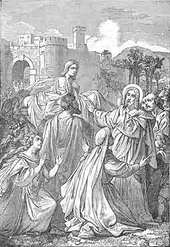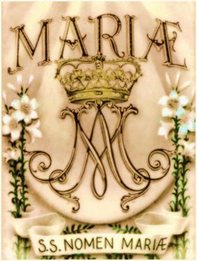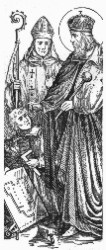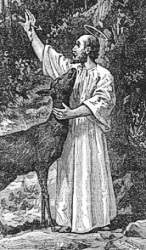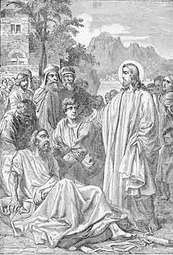
“Everyone who exalts himself shall be humbled” (Luke, 14:11)
We must not have the idea that only transgressions concerned with material things such as dishonesty, drunkenness, impurity, etc., are grave sins. One of the most dangerous and malicious sins pertains to the spiritual order, the sin of pride. It is this sin that Our Lord condemns so severely in today’s Gospel, saying that everyone who exalts himself shall be humbled.
To understand properly these words of Our Divine Redeemer we must have a correct concept of the sin of pride. Pride is an exaggerated esteem of one’s own excellence. It is not pride to recognise one’s abilities and gifts and to rejoice in them. The man who is a successful business administrator does not have to regard himself as stupid, if he would avoid pride. The woman who is favoured with beauty is not obliged to convince herself that she is ugly. But when a person claims qualifications which he knows he does not possess and in consequence acts arrogantly, he is guilty of pride.
Above all, it is a sign of pride to attribute our good qualities and our success to ourselves rather than to God. It sometimes happens that a person who is very fortunate in some field of human endeavour--in business or politics or scholarship-forgets that all his abilities come from God. People of this type become overbearing and harsh toward others. They exaggerate their own importance, they ridicule those who have not succeeded as well as themselves. In the designs of God such proud persons often have a rude awakening. The day may come when they encounter a situation that baffles their intelligence and ability, and then they meet a tragic failure.
It is a sad way for these persons to learn that their own cleverness and skill were indeed very limited, as are all human perfections. Sometimes such persons will recognise their fault and humbly acknowledge that they relied too much on themselves. Then God will readily forgive them. But frequently they spend the rest of their lives in bitterness and despair. In them the words of Christ are fulfilled, “Everyone who exalts himself shall be humbled.”
If we would avoid this sin of pride we must ever be deeply conscious that all that we are and all that we have come to us from God as gifts of His love and generosity. If He so wills, He can take away all that makes us esteemed and honoured in the eyes of our fellow-men. And when we do encounter some failure in life we should accept it as coming from God to give us the opportunity of practising the noble virtue of humility.
Practical Application
Frequently thank God for all the benefits, natural and supernatural, He has bestowed on you. This practice will remind you that you are entirely dependent on Him for all your good qualities and abilities.
